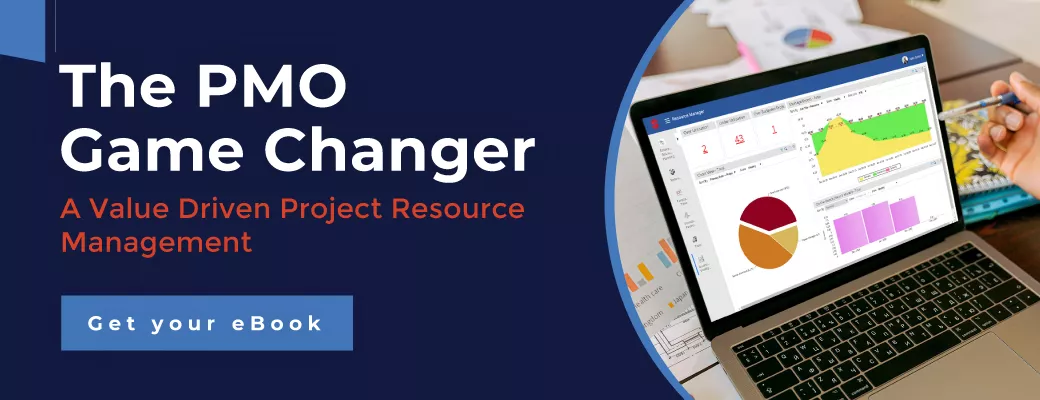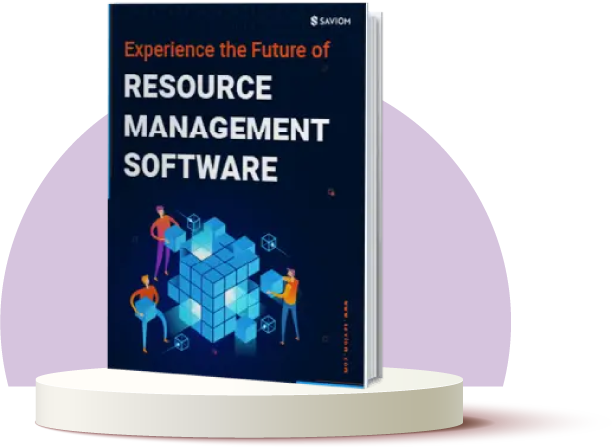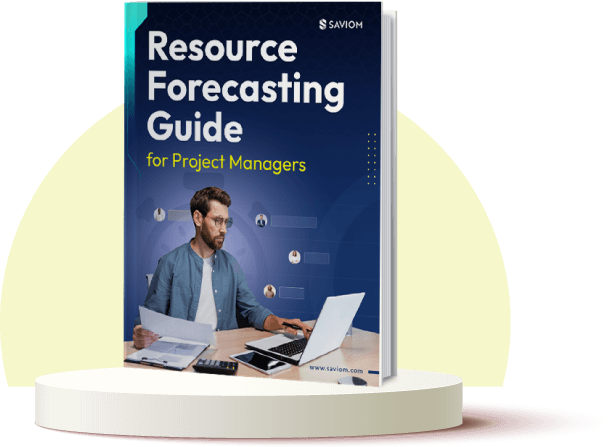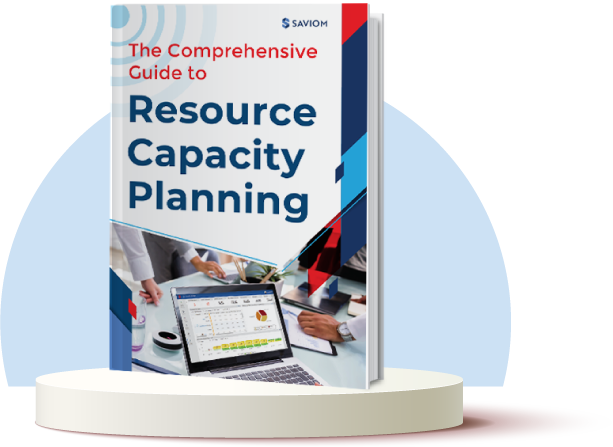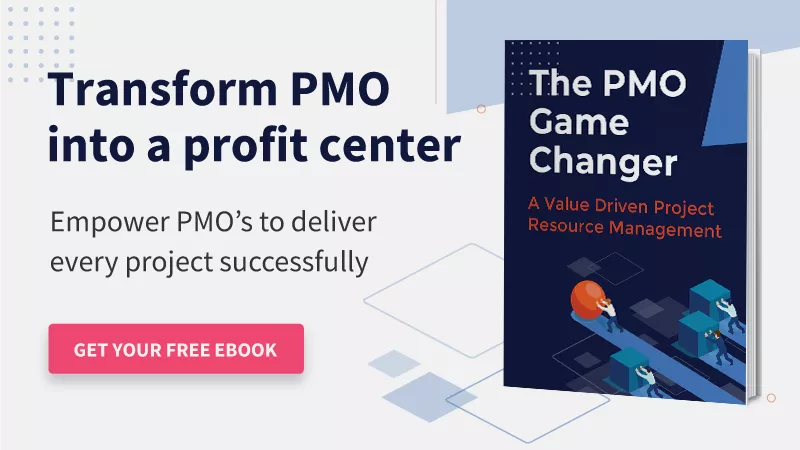The project management landscape is evolving and advancing like never before. Almost every industry including education, marketing, advertising, and so on requires a project manager to operate efficiently.
Staying current with the latest trends and technology is a need of the hour for the high-level, business-specific project managers. Unless they regularly upgrade their skills, the job of an administrative project manager will be obsolete in the current volatile market.
These goals demand specific traits and skillset. Acquiring these traits and the project manager’s skills will shorten one’s learning curve and help excel in their respective fields. The question is, what are these traits? Or what skills do you need to reach where you aspire to be?
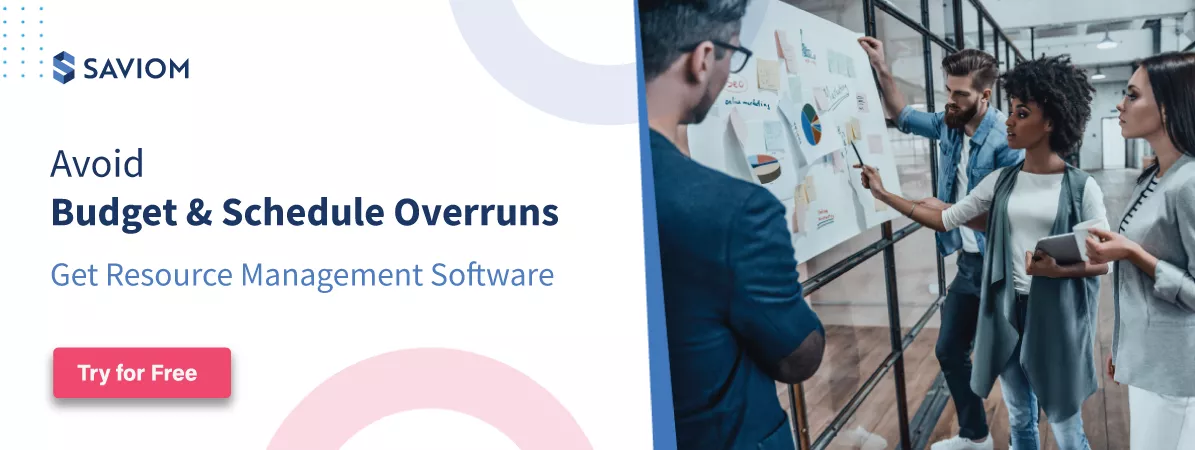
This blog answers all these questions in detail and acts as a guidebook for all aspiring project managers.
Let’s begin with understanding,
What does it take to build a successful project management career?
From planning and scoping a project using work breakdown structures to risk mitigation, a project manager has multiple roles and responsibilities to perform. It goes beyond ‘getting things done’. Thus, to do justice to the job, a project manager must complete the prerequisite certifications, gain specific domain knowledge, and stay adaptive to the ever-evolving trends.
In addition to gaining expertise, they should also possess the necessary skills that will help them lead their teams efficiently and set an example. Here is the list of must-have competencies and skills of a project manager:
Read More: Project Resource Management: An Ultimate Guide on How to Master it
Deliver projects within time and budget
What are the two most important requirements while managing projects? One is to meet the deadlines and the other to deliver within the project budget. Missing the timelines can affect your reputation and budget overruns will reduce profitability. The onus is therefore on project managers to control the cost and maintain the quality of delivery.
Quick-tip
A real-time resource-centric dashboard or Gantt chart within a resource management tool can provide an overview of the overall project’s progress and health. This will help you track and manage project resource costs. If the resource-related expenses are kept in check, it will be easier to manage the overall cost.
Manage stakeholder’s expectations
Stakeholders are the support system of your organization or project sponsors and are directly impacted by the project’s success. There are two types of stakeholders, namely external E.g. Customers or internal which can be senior management within the organization. It is extremely important for project managers to ensure that their expectations are met.
It is a requirement to keep the stakeholders informed about the progress at every project milestone during review and incorporate their feedback. Any deviation from the project plan must be effectively communicated as it can affect the budget and timeline. Special approval may be required in case any last-minute change has an impact on these two parameters.
Quick-tip
Create a simple template for a review of the project status. Decide on a frequency for reporting the progress on a regular basis. Provide a summary of the overall picture and maintain backup slides for further details.
Discuss details if any specific question is raised by any of the stakeholders. Call for a special meeting if you come across an aberration that needs additional approval.
Align project objectives to business goals
The ultimate goal behind accomplishing successful projects is to meet the requirements of business users. After all, what is the point of investing time and money in something that is not accepted by the end-users? Projects must be business-driven and technology can only be used as a tool and an enabler for the delivery. If there is too much focus on a specific technology that compromises the needs of the users, the project will definitely fail.
The resources are expensive and must be diligently used as they are limited in numbers. So, utilizing their skills on a project that does not generate promised benefits is a recipe for disaster. Project managers must have regular interaction with business managers during the entire life cycle.
Quick-tip
Involve end-users at the beginning of the project. Their feedback needs to be considered while designing any user interface or reports. They also need to actively participate in acceptance testing.
Develop technology and business acumen
Gone are those days where the job of a project manager is limited to performing administrative functions. One must have a good understanding of business knowledge to make a positive contribution and get respect from the team members.
In a volatile market situation, a project manager with no domain knowledge is most vulnerable and can be easily replaced. It also significantly delays the decision-making process. At the same time, the project managers also need to keep themselves updated with the latest technologies that can be effectively applied.
From collaboration to effortless scheduling and planning, technology is an enabler. Both technology and strong business acumen are the essential quality of a successful project manager.
Quick-tip
Cover the background information of the niche domain you are going to manage. Also, keep a check on the advanced tech tools that can simplify your job and make you more efficient.
Read More: The PMO Game Changer: A Value-Driven Project Resource Management
Lead by example
So far we have covered the job requirements to become a successful project manager. Now, let’s talk about some of its roles and responsibilities when it is necessary to effectively lead a team for different activities. Every team member looks up to their leader for support and providing direction.
With the right skillset and attitude, a successful project manager also can get things done on his own rather than delegating all the time. This will earn you respect from the team members and you can build a cohesive team.
Businesses are driven by agility and therefore a collaborative team culture becomes the building block for productivity. When you cross this bridge and keep your team knit together, you are doing your job well.
Quick-tip
Keep every member of your team informed about the project’s progress and encourage them to acquire new skills. Make meaningful suggestions using your past experience to make a difference during the review process. Do not hesitate to put on your sleeves and show your team members how things can be done better.
Stay proactive to mitigate risks in advance
It is required to take some amount of risk during the entire project life cycle and it can not be avoided. That’s why the risk appetite of a project manager becomes crucial to determine the success of the project.
Risk management is an integral part of successful project management. With the growing market volatility, one has to build a smart contingency plan to mitigate the risks. Addressing your challenges in a reactive mode at the eleventh hour is a recipe for disaster.
During the planning stage, project managers and the teams should brainstorm and predict the potential pitfalls that can hamper their progress. After that, they should keep a plan in hand to face them head-on.
Quick-tip
Use your past knowledge and best practices to manage risks for different situations. Build a framework for risk assessment and its mitigation and have a separate review plan to track them.
Read More: What is Resource Forecasting? An Ultimate Guide for Project Managers
Enhance soft skills
It is needless to say that successful project managers need to be all-rounders in their field. As much as their technical expertise are crucial, so are the soft skills. How you communicate with your clients and stakeholders, the way you manage the team, your negotiating skills, and so on defines you.
In fact, now that we work in a matrix-based organization, soft skills are essential to avoid conflicts. One needs to make a special effort in developing soft skills along with technical skills.
Quick-tip
Plain and simple, record yourself before presentations or meetings on a daily basis, and gauge how you communicate. Self-examination is an efficient way to polish your soft skills. Attending some professional courses in this area also helps.
Balance between strategic goals and employee needs
What happens when one of your team members is not interested in his current role, but you need him to complete your delivery? Should you let him continue so that your delivery objectives are met at the cost of employee satisfaction? Is it not better to aggressively find a replacement and let him work on a project of his choice? Although the answer is obvious, many times you do not have the luxury as a project manager to find a replacement and the show must go on.
Do you find yourself at a crossroads? You can save your project but at the cost of ruining relations with a colleague or even forcing him to leave the organization. This is when you need to understand what is your primary role and how to strike a balance. Meeting your strategic goals is what will keep your job and maintaining a healthy team environment is what will make you a leader.
Thus, one needs to draw a line between being authoritative or disciplined and being a people-centric manager. In this case, you need to be a situational leader and act as per the situation and immediate requirement. When you perfect this trait, then success will come automatically.
Quick-tip
Communicate transparently and explain the criticality of deadlines to your team. Hold regular one-on-ones and feedback sessions to decide your plan of action. Have a succession plan for the critical resources so that there is no single point of failure. Take special interest in individual development plans (IDP) along with the performance criteria during reviews.
Read More: What is Workforce Planning, and How to Master it for Business Efficiency?
Upgrade skills and certifications
Getting a project manager role in an organization is just half the battle. Growing professionally with the growing trends is what will keep you relevant in the long haul.
So always look for opportunities to learn and add relevant certifications to your portfolio. This will help you grow in the field and set your profile apart from others.
Besides gaining subject matter expertise, you should spend time developing other necessary skills. Project management is an ever-evolving field and so are your competencies. Build best practices around project governance and apply this as reusable assets to different project situations.
Quick-tip
Follow and read relevant project management topics on the Project management institute (PMI) website or PMO blogs, and more to stay updated with the new trends that are introduced from time to time. Go beyond PMP certifications and actively participate in different forums both within and outside your organization.
Read More: What are the benefits of talent management?
Over to you
The true test of your managerial ability depends on how well you keep a balance between successfully managing projects and taking care of individual aspirations.
From managing expectations to keeping your team together, the skills mentioned earlier will definitely help you achieve your goals.
Not only will you harness the right skills but will also enhance profitability by avoiding overruns with strong insights. Remember, learning and updating your skill is a continuous process and it should never stop if you want to be successful in your career. How has been your journey as a project management professional so far?

